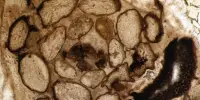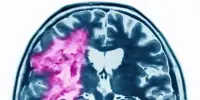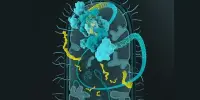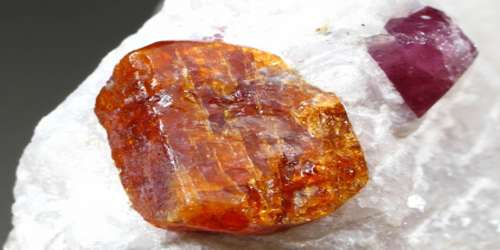Researchers report in the journal Stem Cell Reports that maternal consumption of a Western-style diet changes the transcriptional landscape of fetal blood stem cells in rhesus macaques.
“This is the first demonstration in primates that maternal unhealthy diet and obesity disrupt the immune system in the developing fetus,” says Oleg Varlamov of the Oregon National Primate Research Center. “The main implication of this study is that maternal obesity may influence the development of fetal bone marrow and immune system.”
Obesity during pregnancy is linked to an increased risk of infection and abnormal inflammatory responses in the offspring, but the underlying mechanisms are still poorly understood. In particular, little is known about the impact of a Western-style diet on fetal hematopoiesis (the formation of blood cellular components) in animal models that mimic human development.
We were motivated to investigate how maternal obesity impacts the fetal immune system during pregnancy in nonhuman primates, representing the most relevant animal model for studying human development
Varlamov
Late in development, the fetal bone marrow becomes the primary site for the production of immune cells known as macrophages and B-lymphocytes through the differentiation of hematopoietic stem and progenitor cells. Varlamov and colleagues investigated the transcriptional landscape of fetal bone marrow HSPCs at single-cell resolution in fetal macaques fed a high-fat, Western-style diet or a low-fat control diet.
“We were motivated to investigate how maternal obesity impacts the fetal immune system during pregnancy in nonhuman primates, representing the most relevant animal model for studying human development,” Varlamov says.
The results demonstrated that a Western-style diet-induced a hyperinflammatory response in HSPCs and fetal macrophages and suppressed the expression of B-cell development genes. Moreover, the unhealthy diet led to poor engraftment of fetal HSPCs in immunodeficient mice.
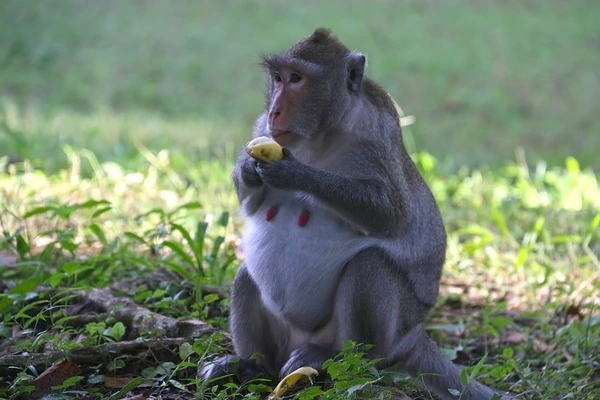
“Maternal obesity greatly impacted the ability of fetal blood stem cells to produce B-lymphocytes immune cells that make antibodies in response to infection, and made fetal blood stem cells more inflamed,” Varlamov says.
The small sample size of the study may limit the ability to detect weaker effects of maternal diet on fetal outcomes. Furthermore, the researchers did not investigate the effects of maternal obesity on postnatal development, instead focusing solely on prenatal development. More research is needed to determine whether maternal obesity affects offspring responses to infection and inflammation.
“This study lays the groundwork for understanding the link between maternal obesity, prenatal nutrition, and diseases involving immune progeny of the HSPC compartment in children,” says Varlamov. “It also highlights the need to better understand the susceptibility of the developing hematopoietic system to metabolic dysregulation over the lifetime.”
A high-fat diet impairs fetal blood stem cells in pregnant monkeys https://t.co/K1OuTZ0O3c pic.twitter.com/L69An1UZNP
— EcoTopical (@EcoTopicalNews) November 3, 2022


